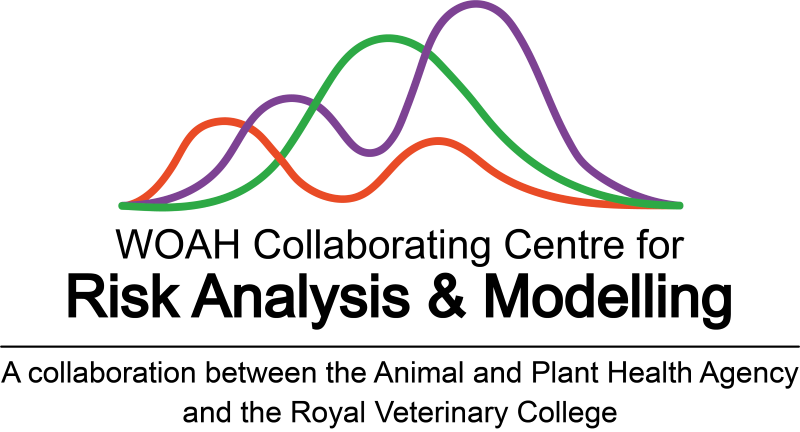Microbiological risk ranking of foodborne pathogens and food products in scarce-data settings

In the absence of epidemiological and microbiological data on the frequency/concentration of bacteria in food, systematic identification of the hazards and the food products that are most likely to pose a risk to consumers is challenging. Data tend to be particularly scarce in Low- and Middle- Income Countries (LMICs), where the burden of foodborne disease is highest.
In this study, we propose qualitative risk-ranking methods for pathogens and food products that can be used in settings where lack of data on the frequency/concentration of pathogens in foodstuff is a barrier towards the use of classical risk assessment frameworks. The paper describes the approach and illustrates its application using the dairy sector in Andhra Pradesh (India) as a case study.
A large variety of dairy products are sold in Andhra Pradesh representing an important component of Indian culture and local diets; however, baseline data on their microbiological quality is extremely scarce. The dairy sector of Andhra Pradesh represents therefore a suitable setting for demonstration of the risk assessment framework.
The approach, described in detail in the paper, consists of a systematic and reasoned integration of the existing knowledge on foodborne pathogens, manufacturing processes and intrinsic/extrinsic properties of food products with key context-specific information regarding the supply chain(s), characteristics of the Food Business Operators (FBOs) and cultural habits to identify:
- the pathogens that should be considered as a “High” food safety priority
- the food products posing the higher risk of consumer exposure to microbiological hazards via oral (ingestion) route.
the proposed method maximises the value of the information that can be easily gathered in LMICs and provide informative outputs to support food safety decision-making in contexts where resources to be allocated for prevention of foodborne diseases are limited and the food system is complex. In fact, results of this study were used to identify the food products to be collected as part of a microbiological retail survey of dairy products in Andhra Pradesh.
This work was supported, by the Bill & Melinda Gates Foundation and the Foreign, Commonwealth and Development Office (FCDO) https://www.sciencedirect.com/science/article/pii/S0956713522003450



